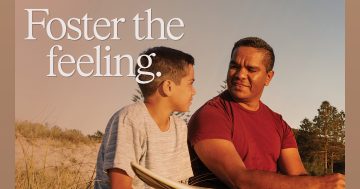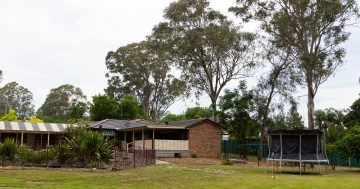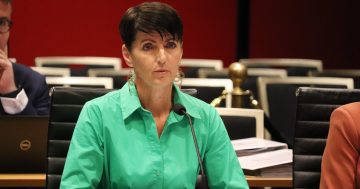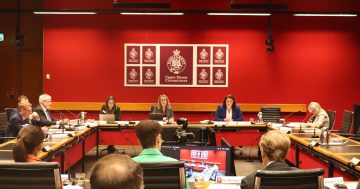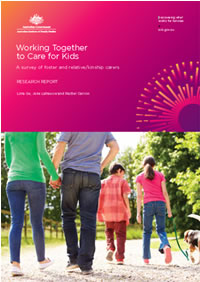 Research conducted by the Australian Institute of Family Studies (AIFS) on behalf of the Department of Social Services (DSS) has revealed that many carers of children and other vulnerable people are their own grandparents who are not receiving the support services they need.
Research conducted by the Australian Institute of Family Studies (AIFS) on behalf of the Department of Social Services (DSS) has revealed that many carers of children and other vulnerable people are their own grandparents who are not receiving the support services they need.
Director of AIFS, Anne Hollonds said the report, Working Together to Care for Kids: A Survey of Foster and Relative/Kinship Carers, found relative/kinship carers were less likely than foster carers to access the professional support and training they needed for their role.
“Both foster carers and relative/kinship carers reported a need for more professional services, including child counselling, respite care and access to support groups,” Ms Hollonds said.
“However, relative/kinship carers were less likely than foster carers to access support services or training sessions despite often having been approached by child protection Agencies to take on the care of a young relative.”
She said most of the relative/kinship care was falling to grandparents — with two-thirds of kinship carers now grandparents or even great-grandparents.
“Relative/kinship carers are mostly grandmothers who are financially less well-off and experiencing more health problems,” Ms Hollonds said.
“They take on the care of a vulnerable child who has been abused or neglected, often with limited support or preparation themselves for the complex challenges that lie ahead of them.”
She said the children live with them for an average of three to four years and have commonly been exposed to family violence and alcohol and drug issues.
Ms Hollonds said despite the complex issues, only just over one-third of relative/kinship carers ever received any form of training compared with nine in 10 foster carers.
“In some cases, there was a lack of awareness of what services were available,” she said.
“For example, many carers were unaware of the Grandparent Adviser phone line, which provides assistance to all carers, although the majority of those who had tried it found it to be very useful.”
Ms Hollonds said the report was a timely reminder of the valuable role kinship/foster carers played in caring for vulnerable children and family members.
The 88-page report, which was funded by DSS, can be accessed at this PS News link.


